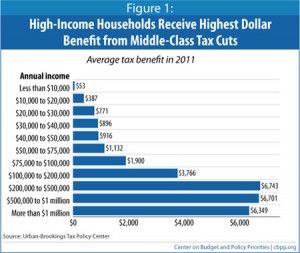So a couple of weeks ago I highlighted 2 posts by Bill Black and Randall Wray on how Title Fraud, Securities Fraud, and Accounting Fraud (which they call Control Fraud) had the potential to force Bank of America into receivership and contending that was the proper course of action.
Bank of America has issued a response (also on The Huffington Post) and today Black and Wray published the first part of a 2 part counter-response.
I thought it might be of interest.
Let’s Set the Record Straight on Bank of America: Open the Books!
William K. Black and L. Randall Wray, The Huffington Post
Posted: November 4, 2010 06:06 PM
The demands by investors that Bank of America repurchase loans and securities sold under false “reps and warranties” may cause exceptional losses if those making the demands document the broader fraud by the lenders. The article “Bank of America Resists Rebuying Bad Loans” shows that Bank of America’s potential loss exposure to Fannie and Freddie is staggering: “[Bank of America] said it sold $1.2 trillion in loans to the government-controlled housing giants from 2004 to 2008 and has thus far received $18 billion in repurchase claims on those loans.”
…
As argued in a recent article by Jonathon Weil, the bank is nearing a “tipping point” as markets recognize it is “cooking the books,” vastly overstating the value of its assets as it refuses to recognize the true scale of losses on its purchase of Countrywide. Ironically, it still carries on its books $4.4 billion of fictional “goodwill” value created by overpaying for Countrywide (a notorious control fraud), as well as $142 billion of home equity loans that are worth far less. A more honest accounting of “good will” and of the value of home equity loans would take a big bite out of Bank of America’s market capitalization ($116 billion), which has lost 41 percent of its value since April 15. The markets are moving ever closer to shutting down the institution, but Moynihan is not “putting up with” the demand by investors for Bank of America to come clean on its fraudulent practices.
…
The bank’s response primarily criticizes its borrowers as deadbeats, yet the data it provides support points we have made in our prior posts, including Bill Black’s posts about the banks working with the Chamber of Commerce and Chairman Bernanke to extort the Financial Accounting Standards Board (FASB) in order to destroy the integrity of the accounting rules requiring banks to recognize losses on their bad loans. We have explained why the fraudulent officers controlling many lenders followed a strategy of making bad loans at premium yields in order to maximize (fictional) accounting income and their bonuses. This dynamic drove the current crisis. These frauds hyper-inflated the housing bubble and caused trillions of dollars of losses.


Recent Comments